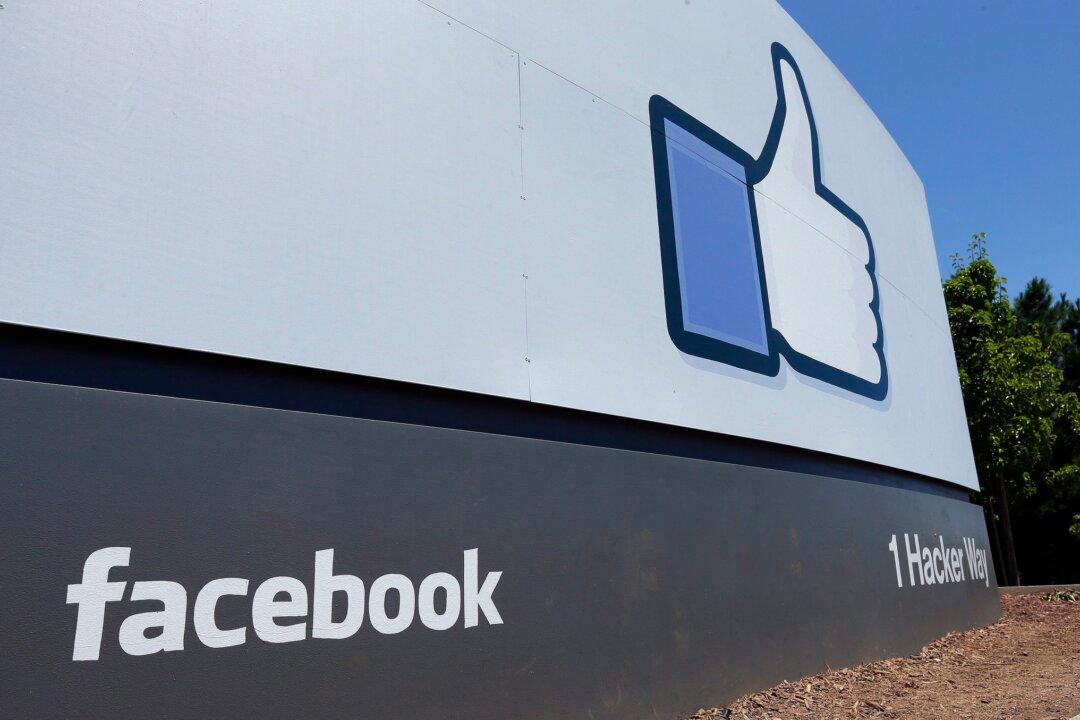TORONTO—Facebook will pay $9.5 million in a no-contest agreement with the Competition Bureau, which says the social media company made false or misleading claims about how much control Canadians had over the privacy of their personal information.
The $9 million penalty and $500,000 in costs that Facebook has agreed to pay is a small amount for a global giant that had a US$4.9 billion profit, or about C$6.8 billion at current exchange rates, in the first three months of this year.





